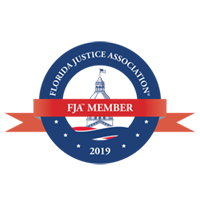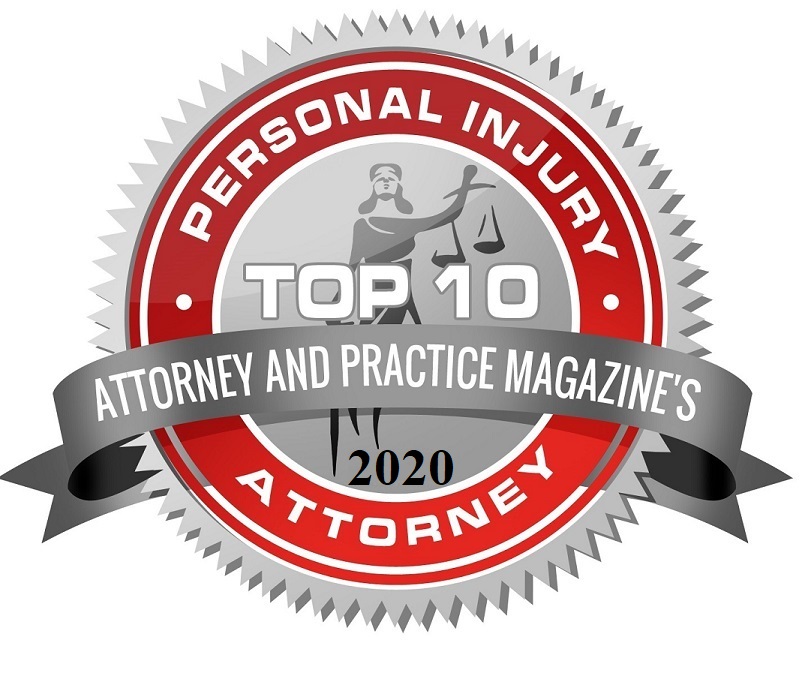In the vast and intricate world of personal injury law, particularly in the state of Florida, the concept of comparative negligence plays a pivotal role in determining the outcome of truck accident cases. When a truck accident occurs, the aftermath can be devastating, often resulting in severe injuries, significant property damage, and emotional trauma. The process of seeking justice and compensation in these cases is not always straightforward, as multiple factors come into play, including the determination of fault. Understanding how comparative negligence works in Florida truck accident cases is crucial for those involved in such unfortunate events.






Comparative negligence, as it applies to truck accident cases, is a legal doctrine that allows for the allocation of fault among all parties involved in the accident. This principle recognizes that, in many instances, more than one party may be responsible for the accident. Unlike states that follow a pure contributory negligence rule, which can bar a plaintiff from recovering any damages if they are found to be even slightly at fault, Florida’s comparative negligence system is more nuanced and equitable. It acknowledges that an accident may not always be the result of one party’s actions but rather a combination of factors and behaviors from multiple parties.
In Florida, the comparative negligence rule allows a plaintiff to recover damages even if they are partially at fault for the accident. The key aspect of this system is that the amount of compensation awarded to the plaintiff is reduced by the percentage of their fault. For instance, if a plaintiff is found to be 30% responsible for the accident, their total compensation will be reduced by 30%. This means that if the total damages amount to $100,000, the plaintiff would receive $70,000 after the reduction. This system ensures that each party is held accountable for their actions and that the compensation reflects the true nature of the fault distribution.
In the context of truck accidents, the application of comparative negligence can be particularly complex. Truck accidents often involve multiple vehicles, large commercial trucks, and intricate traffic situations. The size and weight of commercial trucks mean that accidents involving these vehicles tend to result in more severe consequences, making the determination of fault even more critical. The process of assigning fault in truck accidents requires a thorough investigation, often involving accident reconstruction specialists, witness testimonies, and careful analysis of the circumstances leading up to the collision.
One of the key factors that make truck accident cases unique is the presence of multiple potentially liable parties. Unlike typical car accidents where the responsibility usually falls on the drivers involved, truck accidents can involve a range of parties, including the truck driver, the trucking company, the manufacturer of the truck or its parts, and even the entity responsible for loading the cargo. Each of these parties may have contributed to the accident in different ways, making the process of determining comparative negligence more intricate.
For instance, consider a scenario where a truck driver fails to brake in time and collides with a car, causing a multi-vehicle pileup. While it may initially seem that the truck driver is solely at fault, further investigation might reveal that the truck’s brakes were faulty due to a manufacturing defect, or that the trucking company failed to properly maintain the vehicle. Additionally, it might be discovered that the car driver was speeding or changing lanes abruptly, contributing to the severity of the accident. In such a case, the fault may be divided among the truck driver, the trucking company, the manufacturer, and the car driver, each bearing a percentage of the responsibility.
The allocation of fault in truck accident cases is not just a matter of assigning blame but also has significant financial implications. The comparative negligence rule directly affects the amount of compensation that each party is entitled to receive. This is particularly important in truck accident cases, where the damages are often substantial due to the severity of the injuries and the extent of the property damage. Medical expenses, lost wages, pain and suffering, and the cost of repairing or replacing damaged vehicles can add up to significant sums. Therefore, understanding how fault is determined and how it affects compensation is crucial for those involved in truck accidents.
In Florida, the process of determining comparative negligence begins with a thorough investigation of the accident. Law enforcement agencies, insurance companies, and legal teams representing the parties involved all play a role in this process. The investigation typically involves gathering evidence from the accident scene, reviewing traffic camera footage, interviewing witnesses, and examining the vehicles involved. In some cases, accident reconstruction specialists may be brought in to analyze the mechanics of the collision and provide insights into how it occurred.
Once the evidence has been collected and analyzed, the parties involved may attempt to reach a settlement through negotiations. During these negotiations, each party’s legal team will present arguments and evidence to support their client’s position regarding fault and damages. If a settlement cannot be reached, the case may proceed to trial, where a judge or jury will ultimately determine the allocation of fault and the amount of compensation to be awarded.
One of the challenges in applying the comparative negligence rule in truck accident cases is the need to accurately assess the actions of each party involved. This requires a deep understanding of the laws and regulations governing the trucking industry, as well as the specific circumstances of the accident. Truck drivers and trucking companies are subject to a wide range of federal and state regulations, including those related to hours of service, vehicle maintenance, and cargo loading. Violations of these regulations can be a significant factor in determining fault in truck accident cases.
For example, if a truck driver exceeds the legally allowed hours of service and becomes fatigued, leading to an accident, this violation can be used as evidence of negligence on the part of the driver and the trucking company. Similarly, if a trucking company fails to properly maintain its vehicles, resulting in a mechanical failure that causes an accident, this can also be a basis for assigning fault. The complexity of these cases underscores the importance of having experienced legal representation to navigate the intricacies of comparative negligence and ensure that all relevant factors are considered.
Choosing The Right Personal Injury Attorney Personal Injury Settlement TimelineRelated Videos
Another important aspect of comparative negligence in Florida truck accident cases is the impact of insurance coverage. Trucking companies typically carry large insurance policies due to the potential for catastrophic accidents. However, the process of filing insurance claims and negotiating settlements can be complicated by the presence of multiple parties and the application of comparative negligence. Insurance companies representing the various parties involved will often conduct their own investigations and may dispute the allocation of fault or the amount of damages claimed.
In some cases, the insurance companies may try to minimize their liability by shifting blame onto the other parties involved. This can lead to disputes and prolonged negotiations, making it difficult for the injured parties to receive the compensation they deserve. Having a knowledgeable legal team on your side is essential in these situations, as they can advocate on your behalf and work to ensure that the comparative negligence rule is applied fairly and that you receive the compensation you are entitled to.
It is also important to note that Florida follows a pure comparative negligence rule, which means that even if you are found to be more than 50% at fault for the accident, you can still recover damages. However, your compensation will be reduced by your percentage of fault. This differs from states that follow a modified comparative negligence rule, where a plaintiff can only recover damages if they are found to be less than 50% at fault. In Florida, the pure comparative negligence rule allows for a more equitable distribution of fault and ensures that injured parties can still seek compensation even if they bear a significant portion of the responsibility for the accident.
Given the complexities of comparative negligence in Florida truck accident cases, it is essential for those involved in such accidents to seek legal representation from a law firm with experience in handling these types of cases. The legal team at Serrano Law has a deep understanding of Florida’s comparative negligence laws and the unique challenges posed by truck accident cases. We are committed to providing our clients with the guidance and support they need to navigate the legal process and secure the compensation they deserve.
If you or a loved one has been involved in a truck accident in Florida, do not hesitate to reach out to Serrano Law. Our dedicated team of attorneys is here to help you understand your rights, explore your legal options, and fight for the justice and compensation you deserve. With our extensive experience and commitment to our clients, you can trust us to be your advocates in these challenging times. Contact Serrano Law today to schedule a consultation and take the first step toward securing the compensation you are entitled to.



